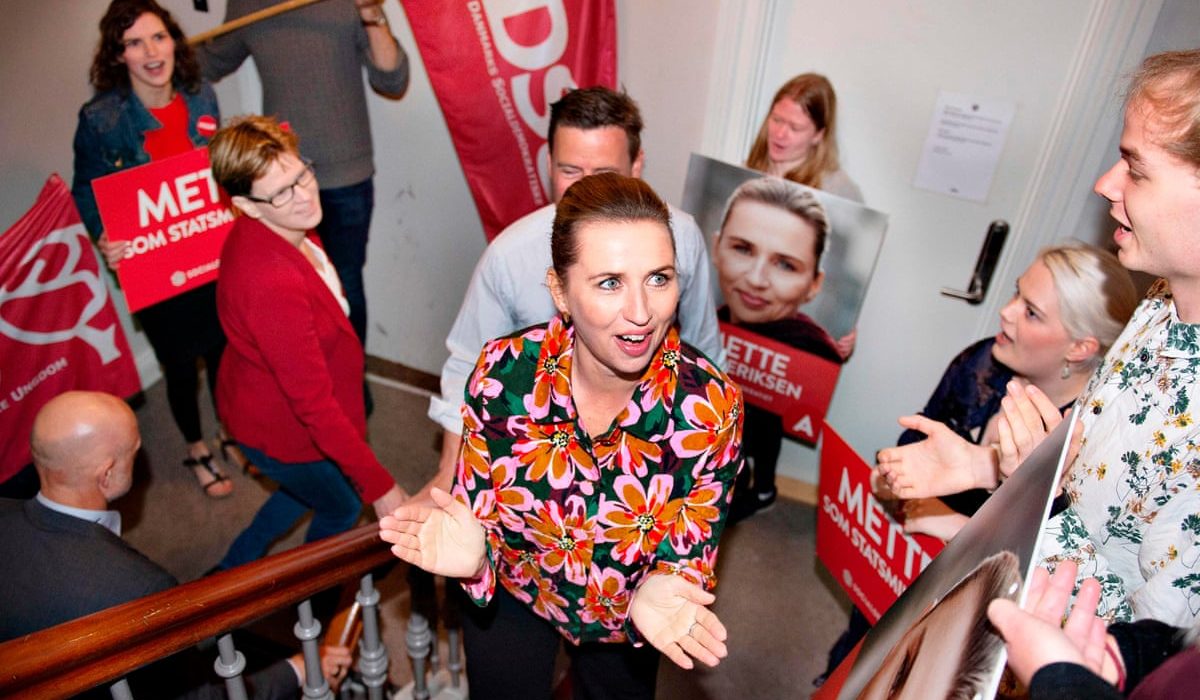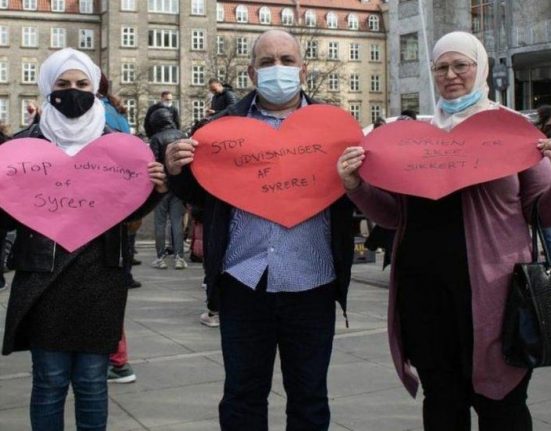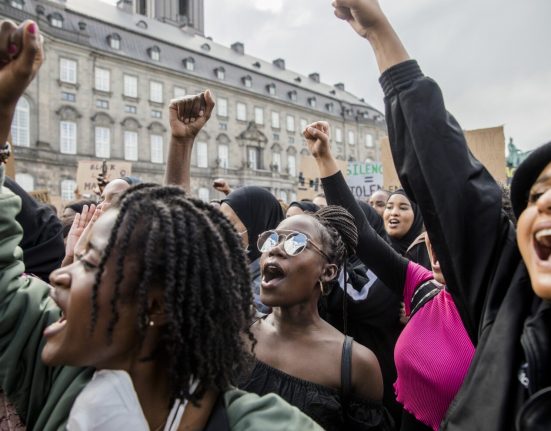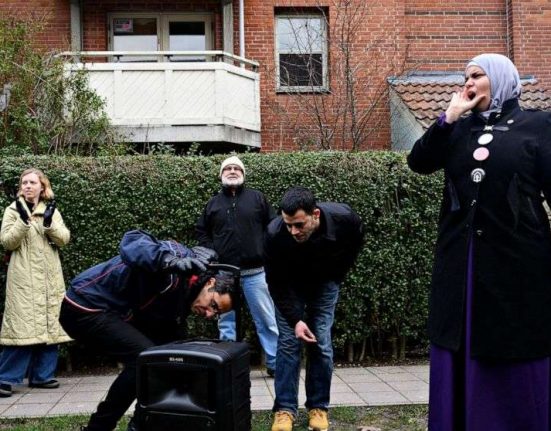According to Copenhagen, Damascus is secure enough to return roughly 100 Syrians. It is becoming the first nation in Europe to cancel Syrian refugee residency permits. It was formerly known as a free, friendly, liberal society with the protection of human rights and a powerful and compassionate welfare state.
Despite the overwhelming evidence of continuous harassment by Bashar al-administration, Assad’s Danish officials determined that Damascus’s security situation had improved. Consequently, 94 refugees were denied the ability to remain in the nation. Another recently made plan would relocate all asylum seekers outside of Denmark.
In plenty of other terms, Denmark was the first state to ratify the United Nations Refugee Convention in 1951. It has now chosen an asylum strategy that is more like that of nationalist nations like Austria or Hungary than its Scandinavian neighbours.
Fortunately, no one will be deported to Syria anytime soon. Regardless of how hard they fought or learned, refugees must have resided in Denmark to be regarded powerful enough for continuing residency under the current scheme. Yet, deporting anybody to Syria is now unfeasible due to Denmark’s refusal to cooperate with Assad, and few Syrians are prepared to return willingly. Those who lost their residence permits will likely wind up in Danish detention centres or other European nations awaiting deportation.
However, Denmark is currently implementing discriminatory legislation, with lawmakers both liberal and conservative speaking about minority groups and Muslims in ways that would be unthinkable in neighbouring nations. It would not have been shocking if a hard-right administration had pressed through this bill. On the other hand, Denmark is now ruled by a socialist coalition headed by the Social Democrats. What has transpired to our nation, exactly?
The resolution lies in a tug-of-war between the Democratic Socialists and the Danish People’s Party, which is on the extreme right. The Danish People’s Party has gradually moved all other groups in their way, particularly the Social Democrats, with whom they struggle for working-class supporters.
A right-wing administration imposed the first severe restrictions on refugees and outsiders in 2001. Whilst Social Democrats first rejected it, they quickly adjusted their stance to counter the Danish People’s Party’s challenge.
Not all Democratic Socialists initially approved with the new replacement approach, but the party, including the great majority of its supporters, eventually accepted it. Today, the Danish People’s Party is pretty much redundant. Their ideas, formerly regarded as racial and harsh, are becoming common.
The government implemented laws two years ago that turned the notion of refugee protection on its head. It combined lengthy reintegration and equality campaigns with short stays, restricted rights, and an emphasis on deportation as soon as possible. Surprisingly, this occurred when Denmark had accepted the fewest immigrants in 30 years.
Also, integration was proceeding as well as it had ever been in terms of career, education, and language abilities. This action has gotten out of hand. The majority of Danes are not racists or opposed to civil rights or solidarity. But it’s becoming increasingly difficult to see how we’ll get back on track.





